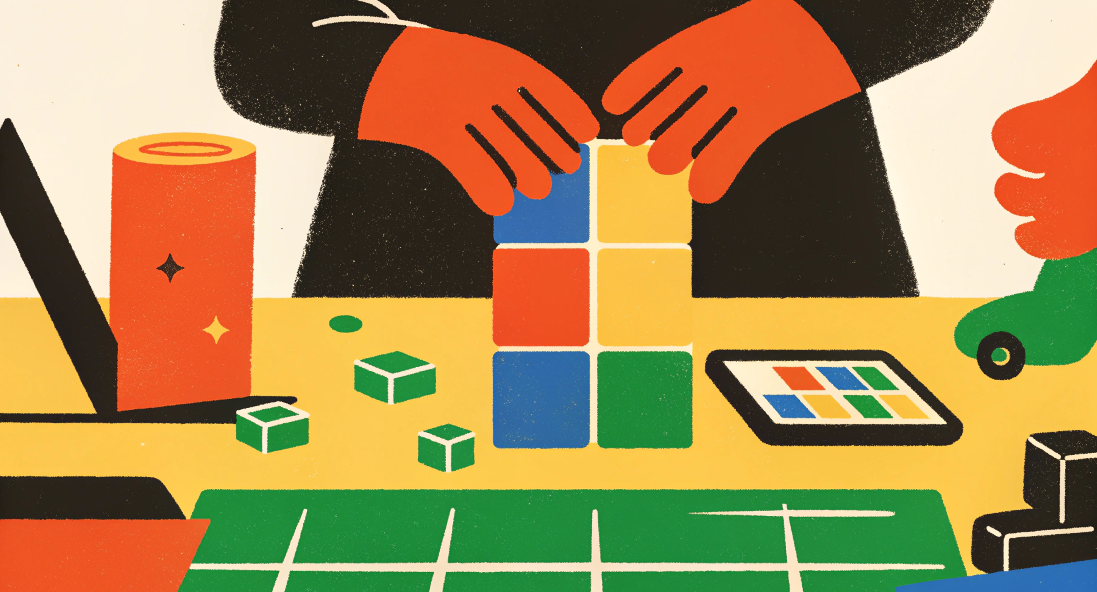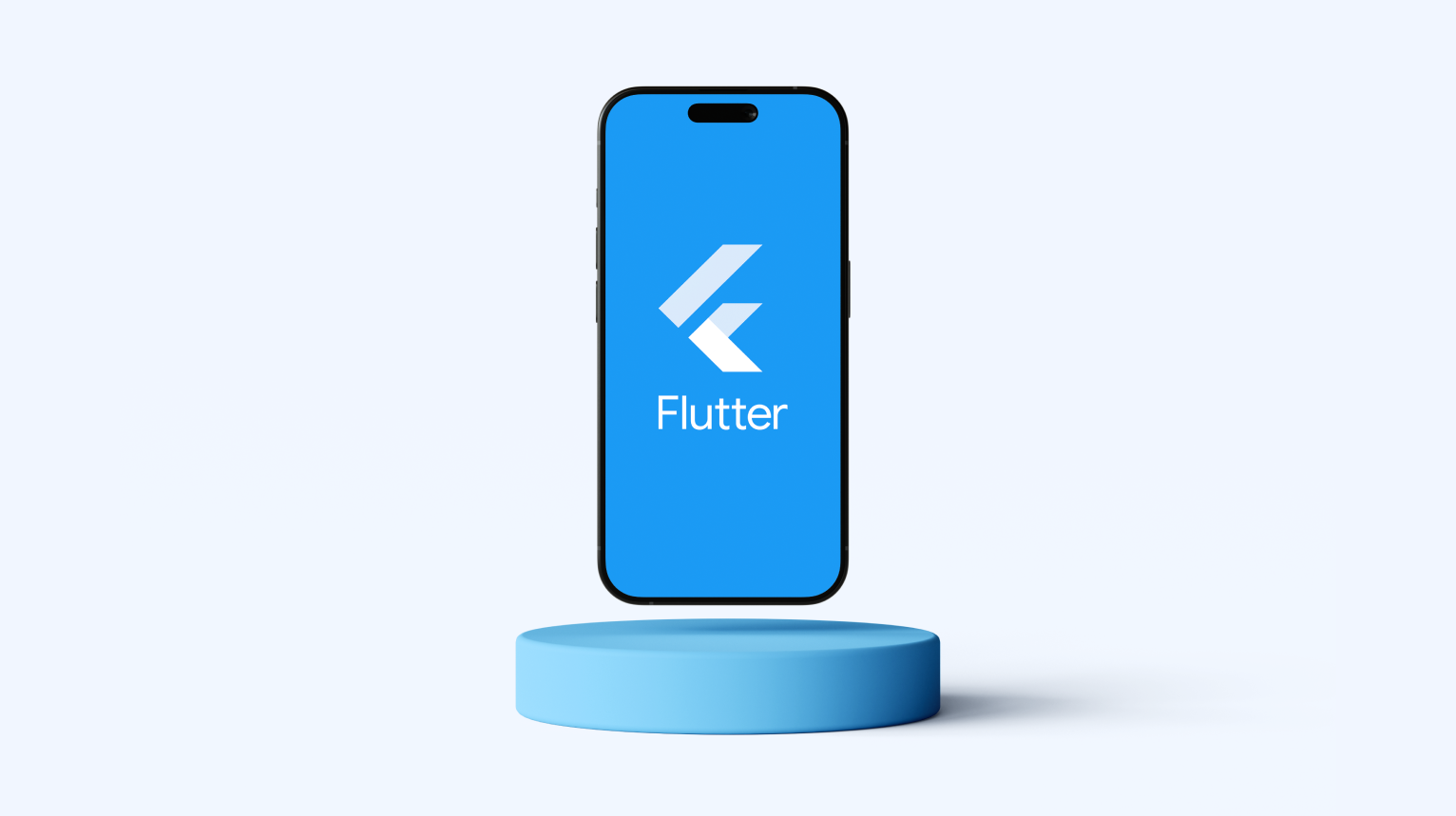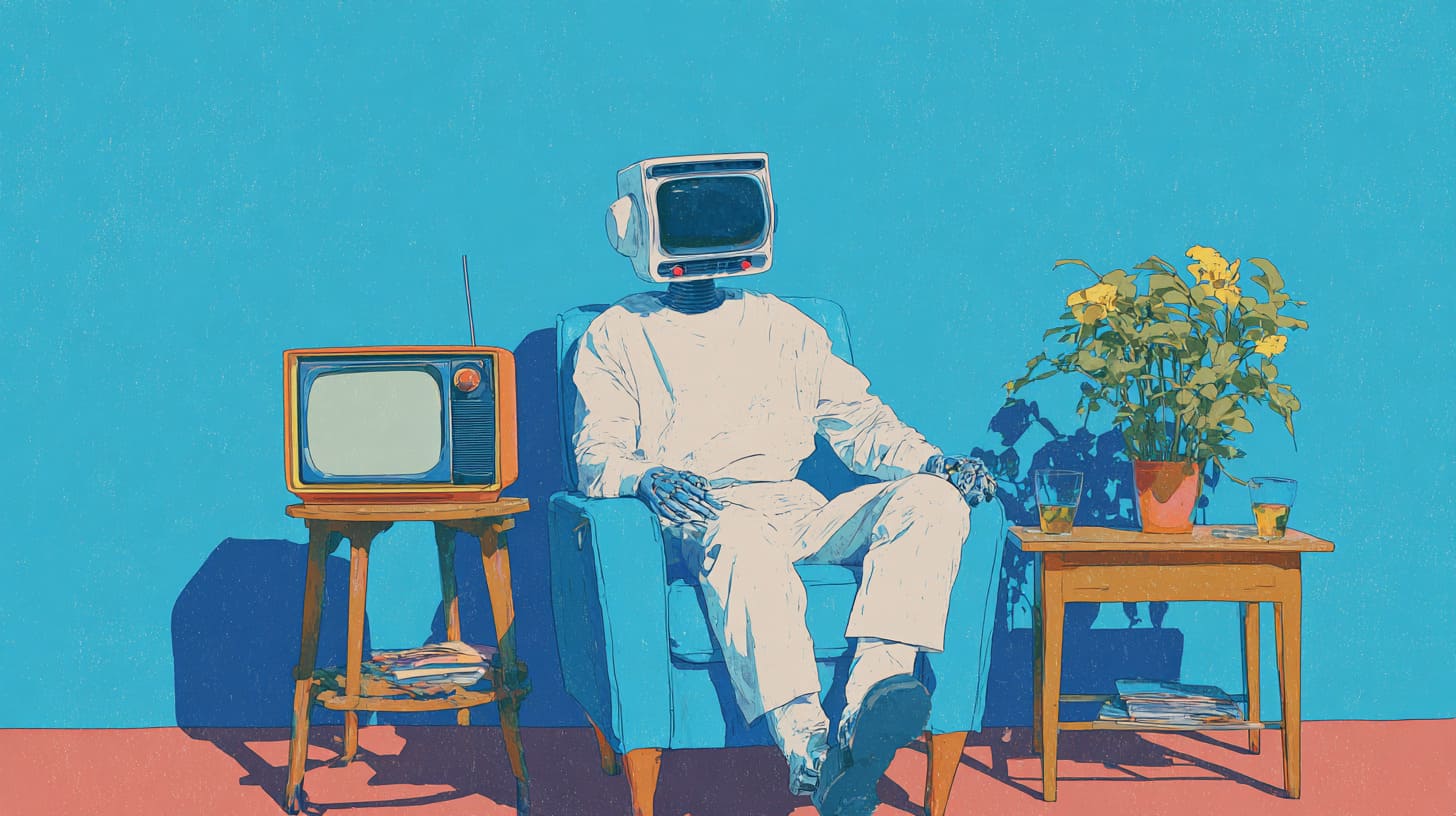Producing High-Tech Content for Brands: Hints for Beginners
Gathered five tips that will help in producing high tech content. We talked about why gamification is necessary and how AI and VR help.
3К открытий5К показов
1. The Tech-Infused Storytelling Saga
In the realm of high-tech content, storytelling isn’t confined to words on a page; it extends to immersive experiences that take consumers on a digital odyssey. Take the example of Nike’s “Reactland” – an interactive microsite that enables users to explore the features of the Nike Epic React shoe by controlling an avatar in a fantastical world. This innovative approach blends cutting-edge technology with storytelling, forging an emotional connection between the audience and the product.
Hint: Intertwine your brand’s narrative with technological innovations and spice it up with the latest trends. Whether it’s through interactive microsites, virtual reality experiences, or augmented reality apps, project your story in ways that engage multiple senses and immerse the audience in a tech-driven adventure.
2. The Algorithmic Artistry of Personalisation
Today’s consumers expect content that caters to their individual preferences. Enter AI-driven personalization. Netflix is a prime example, using compound algorithms to recommend content tailored to each user’s viewing history and preferences. Here, beginners can take a cue from this by incorporating personalised elements in their high-tech content. Imagine a tech-infused fashion brand that offers customers a virtual dressing room, leveraging augmented reality to suggest outfits based on their style preferences and body type.
Hint: Harness AI and data analytics to offer personalised content experiences. Whether it’s curated product recommendations or dynamically generated visuals, personalization adds a touch of sophistication to your tech-driven content.
3. The Symphony of Gamification and Education
Gamification isn’t just child’s play – it’s a strategic tool that brands are using to educate and engage their audiences. Duolingo, the language-learning app, employs gamified lessons to keep users motivated. For newcomers in the high-tech content arena, consider creating interactive learning experiences that merge entertainment and education. You need to picture a tech company introducing complex coding concepts through a gamified app, where users solve puzzles to unlock the next level of programming mastery.
Hint: Gamification can transform complex topics into enjoyable learning journeys. Use game mechanics, rewards, and progression systems to make high-tech education accessible and engaging for your audience.
4. The Immersive Universe of Extended Reality
Extended Reality (XR), which encompasses virtual reality (VR), augmented reality (AR), and mixed reality (MR), offers a vast canvas for crafting unforgettable brand experiences. Sephora’s Virtual Artist uses AR to let users try makeup virtually, bridging the gap between online shopping and in-store trials. Beginners, here, can embrace XR by envisioning a real estate brand that offers virtual property tours through VR or an art gallery employing AR to bring paintings to life with additional layers of information.
Hint: Explore XR technologies to provide interactive and immersive brand encounters. From virtual try-ons to interactive museum exhibits, XR opens doors to limitless possibilities of engagement.
Conclusion
Producing high-tech content for brands is a craft that harmonises technological prowess, innovation, and creativity. By embracing the hints outlined above and drawing inspiration from the likes of Nike, Netflix, Duolingo, and Sephora, novices can enter a journey that blurs the lines between the digital and the tangible. And of course, as technology continues to advance, so too does the potential for crafting content that resonates deeply with audiences in ways that were once merely the stuff of science fiction.
3К открытий5К показов




